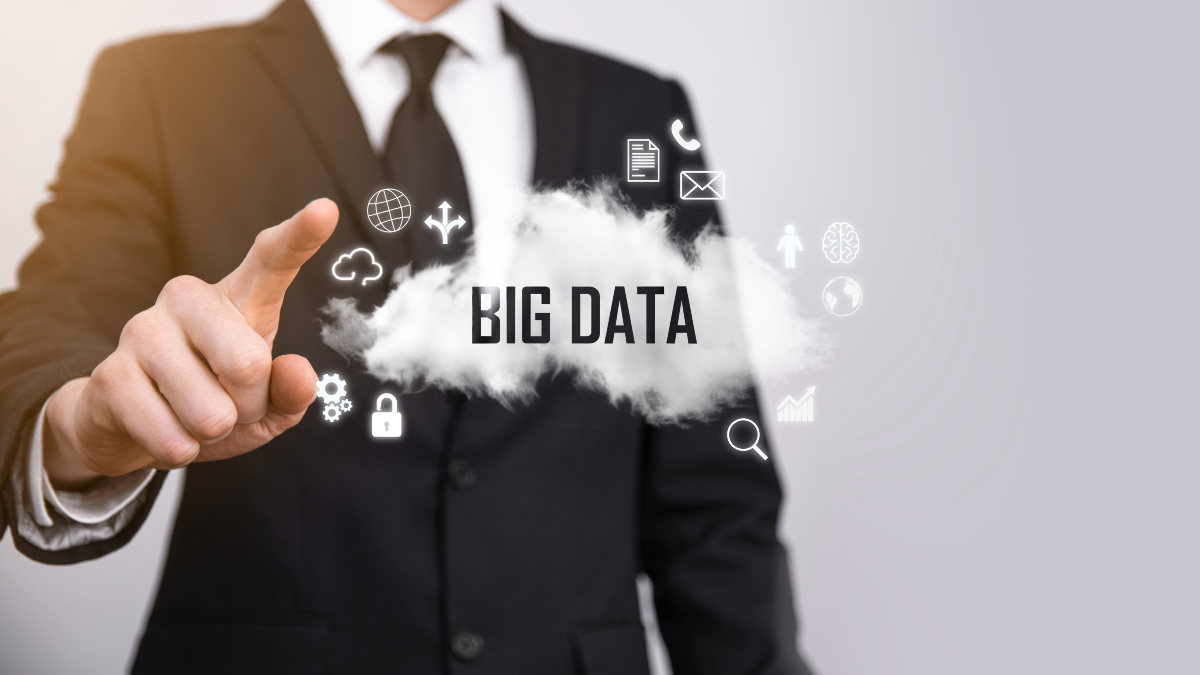Each firm, despite its size, requires valuable data and acumens. When it comes to a greater understanding of your target audience and their choices, Big Data can help you anticipate customer requirements. Statistical data can affect the production of the company. So what is big data in business?
In a nutshell: Big Data or big data is a set of mechanisms and processes that support processing large amounts of data. Over the years, big data has helped companies produce innovative goods plus settings.
Benefits
It is critical for businesses in a deeply contentious environment. Now Big Data is used by both IT companies and giants in the field of healthcare, business, and nearly everywhere where the administration wants to improve the quality of services provided or develop new goods.
Take healthcare as a model. The application of big data has helped pharmaceutical organizations completely know the risks and side effects of new drugs that can be hard to find in the early stages of clinical trials. In a different example, companies have embedded many touch sensors in trial versions of their products (from children’s toys to electrical appliances) and then analyzed how their product was used by users. Such data provide clues about how the next generation of goods should be designed.
Many specialists in big data development company believe that they (data) – not only create opportunities for the growth of companies but may additionally be the beginning of a completely new type of business, one that collects and analyzes information on an industrial scale.
A very important feature is that it is updated in real-time and shows an up-to-date picture of what is happening. For example, in the past, to assess user satisfaction, they turned to historical data, but now it is possible to predict their future performance more accurately. Also, the frequency of database updates helps organizations validate their ideas faster and more accurately. New data processing technologies are beginning to be applied not only in the private, though in the public sector, and there are several reasons for such rapid growth:
- Dialogue with purchasers. Now customers are growing more conscious of their decisions, before making a purchase, they look through other options; compare the functionality of goods or services, so every little thing becomes important. For example, when entering the bank, the client is automatically scanned and his profile is found in the banking system, his character and basic requests are also displayed there.
- Product development and improvement. It is one of the most convenient and functional methods of working with feedback, with the ability to collect and analyze tens and many of reviews on any product. Reviews can be sorted geographically, demographically and get a complete picture.
- Risk review. Big data is in many ways predictive study. It draws on statistics from the past to build a relevant model of the future. The program and analysts can notice new trends even before most of them notice them.
- New cash flows. Take Twitter, for example. She does not sell ads on her page, she does not have a paid subscription to the service, and she does not have any special visible sources of income. But it made $ 35 billion in 2020 in revenue, and most of that money came from selling depersonalized personal data of users. Everything we do on the Internet leaves a digital trail behind us, by which we can determine what kind of personality we are, what our hobbies are, where we live, what we eat, how often we go to a restaurant, and which route we return home.

